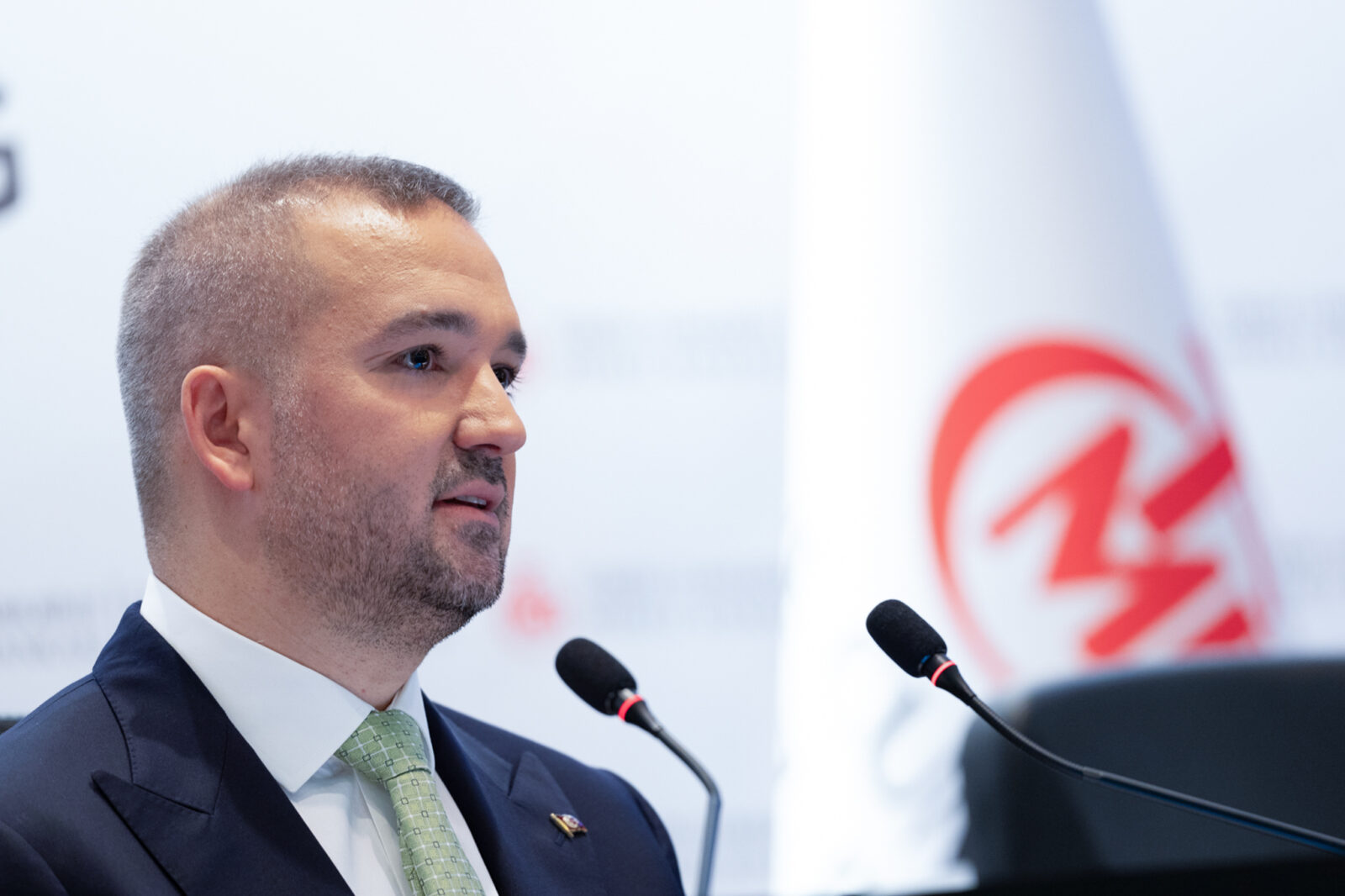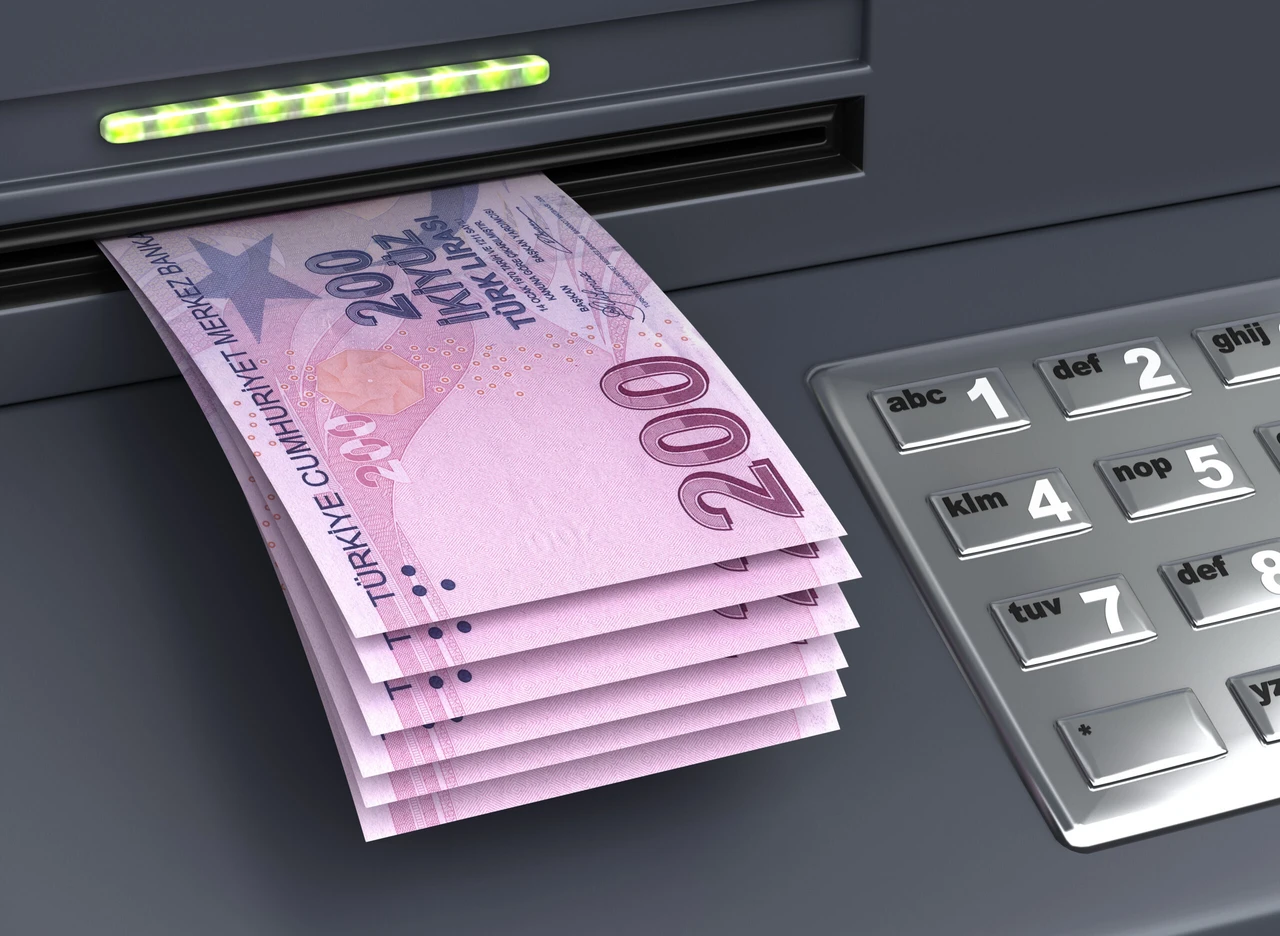Turkish central bank sells $25B in reserves to stabilize lira, governor confirms
 File photo shows stacks of U.S. $100 bills, accessed on Mar. 26, 2025. (Adobe Stock Photo)
File photo shows stacks of U.S. $100 bills, accessed on Mar. 26, 2025. (Adobe Stock Photo)
The Central Bank of the Republic of Türkiye (CBRT) sold $25 billion from its foreign currency reserves to ease market pressure and stabilize the Turkish lira, CBRT Governor Fatih Karahan confirmed during a teleconference with international investors on Tuesday.
The teleconference, hosted by U.S.-based Citigroup and German Deutsche Bank, was attended by Turkish Treasury and Finance Minister Mehmet Simsek and CBRT Governor Fatih Karahan.
The meeting followed recent market volatility sparked by the arrest of Istanbul Mayor Ekrem Imamoglu, with participants including portfolio and direct investors from North America, the United Kingdom, Europe, and the Middle East.
According to the business news outlet, ekonomim.com, sources familiar with the meeting said Karahan indicated that the CBRT sold $10 billion on March 19, the first day of the intervention, followed by $3 billion on March 20. The highest demand occurred on Friday, March 22, prompting the central bank to sell an additional $12 billion.

Karahan assured investors during the call that the central bank would take all necessary steps to calm the markets. He described the turbulence as temporary and emphasized that the government had implemented market-friendly measures in response.
‘Disinflation strategy not linked to currency’
In response to a question about domestic dollarization, Karahan said local investors’ currency preferences were largely influenced by exchange rate volatility and returns on the Turkish lira. He noted that while recent developments initially triggered a spike in demand for foreign currency, this trend began to ease as lira returns improved and market volatility subsided.
Addressing concerns over whether Türkiye would maintain its disinflation strategy based on the real effective exchange rate, Karahan emphasized that the CBRT’s approach was not tied to currency movements. Instead, he pointed to supply and demand dynamics as key drivers, stating, “As demand conditions improve, we will see better results in inflation.”
He added that the value of the currency basket—a weighted mix of foreign currencies against the Turkish lira—had dropped by about 4% over the past month.
Based on an estimated pass-through rate of 30–40%, meaning the proportion of exchange rate changes that translate into domestic price increases, he suggested that this depreciation could be expected to have a measurable impact on inflation.
Karahan also underlined that the central bank continues to make decisions on a meeting-by-meeting basis and noted that holding an interim meeting was necessary under the circumstances.



